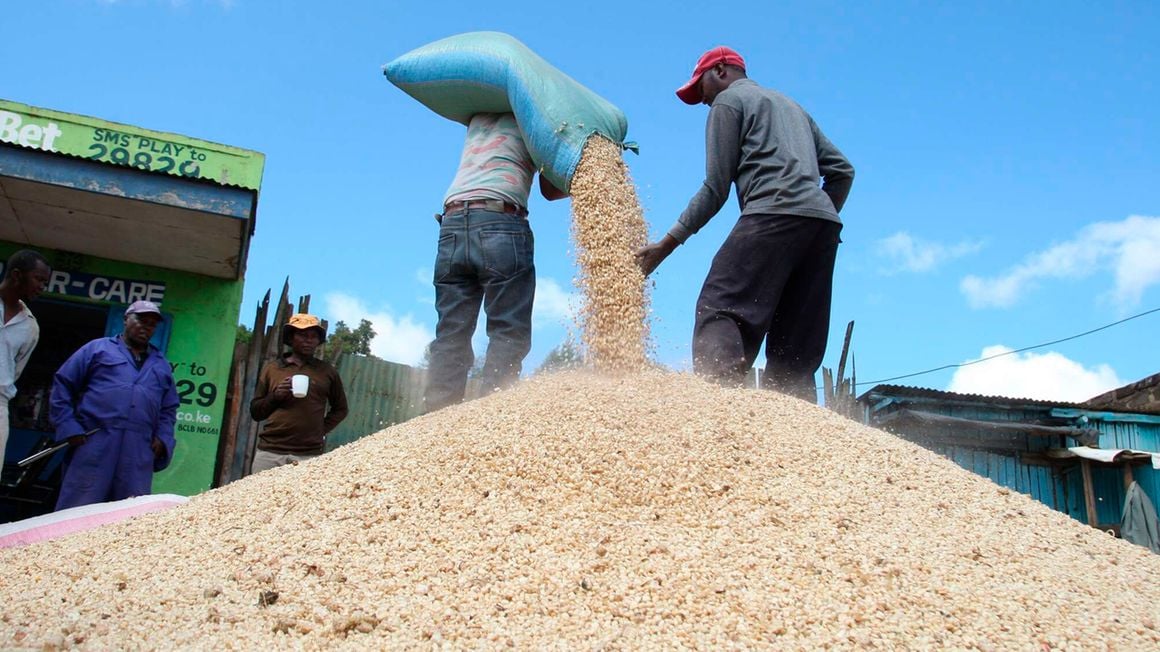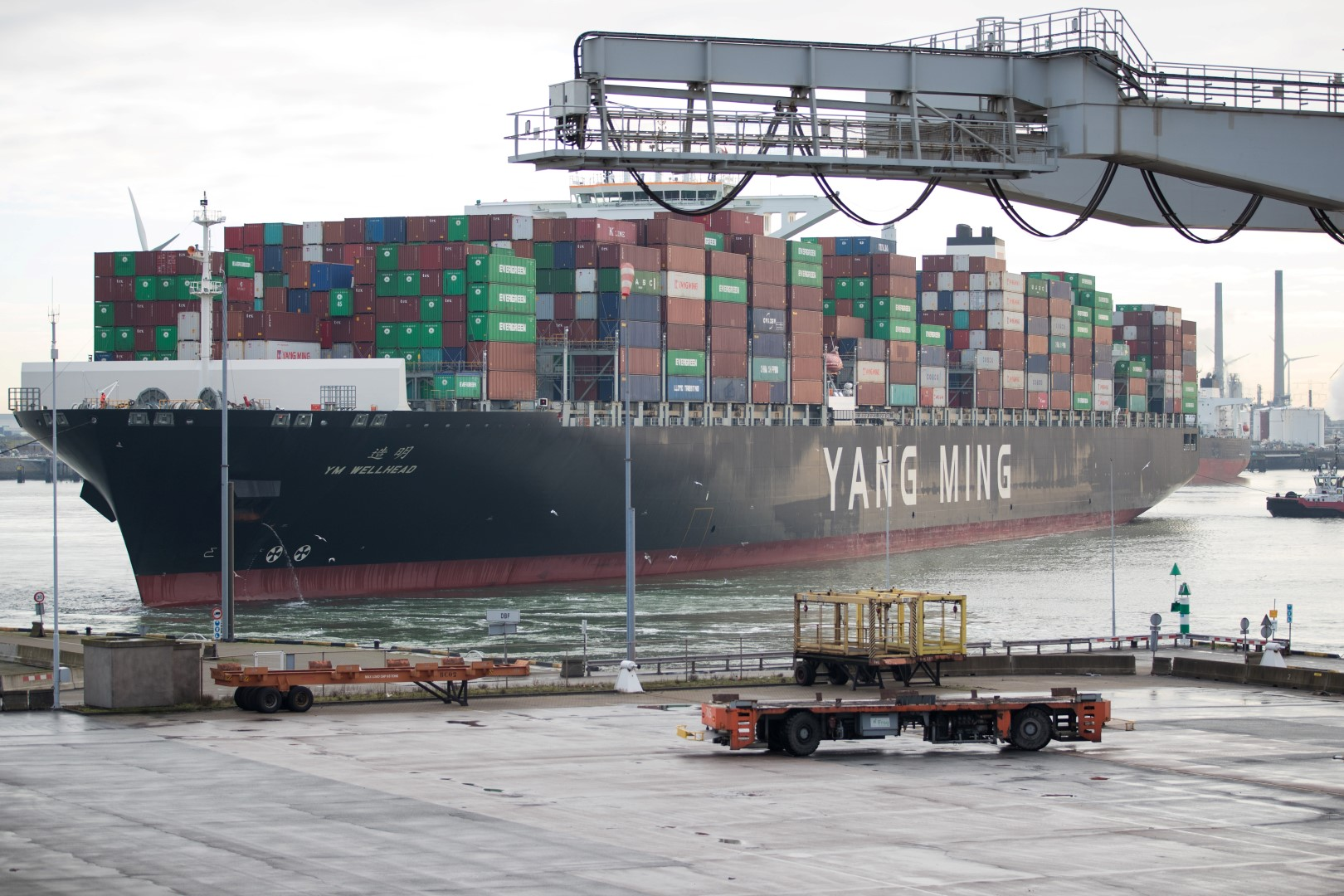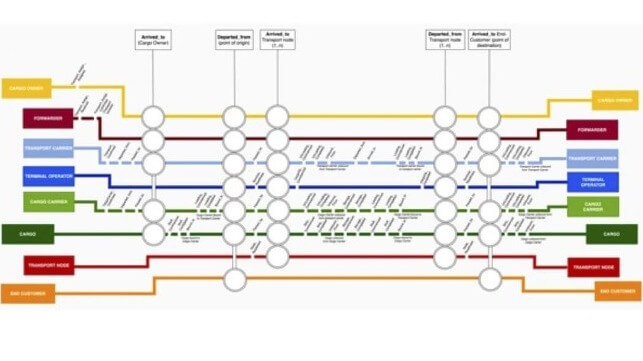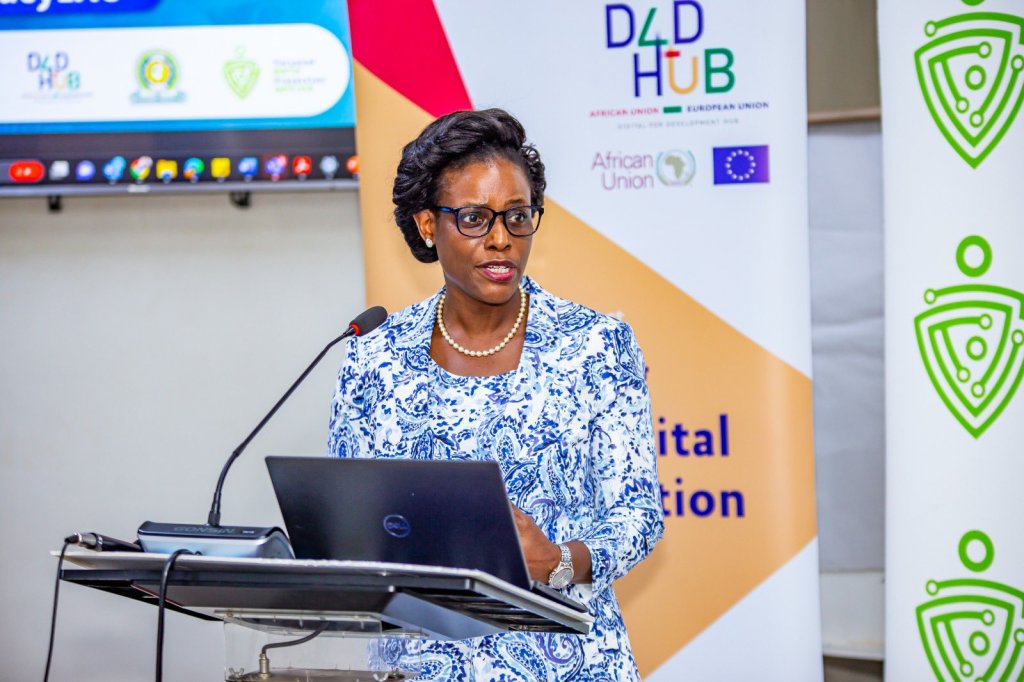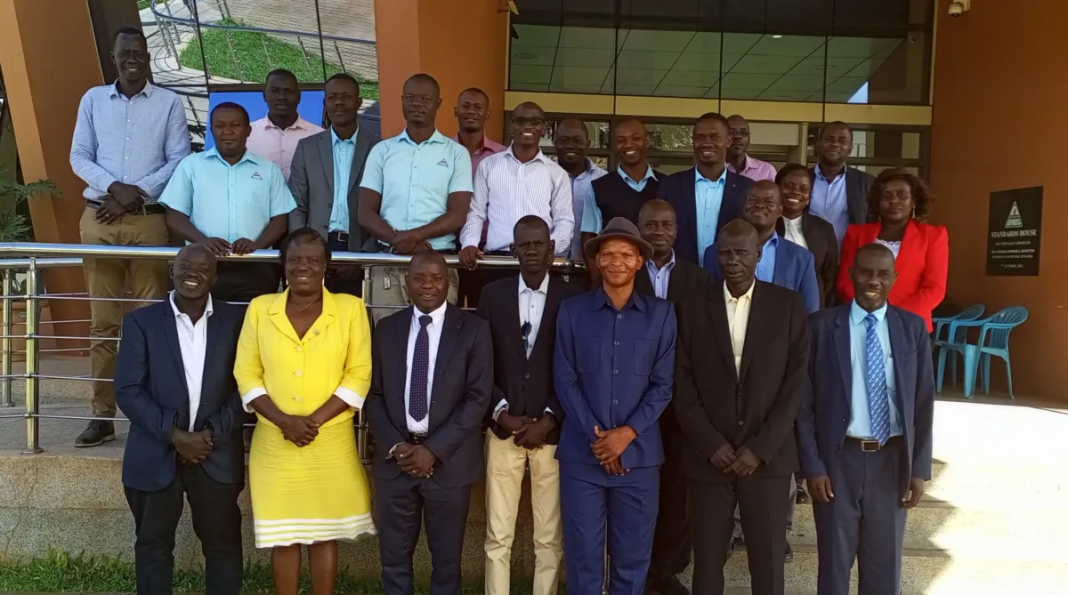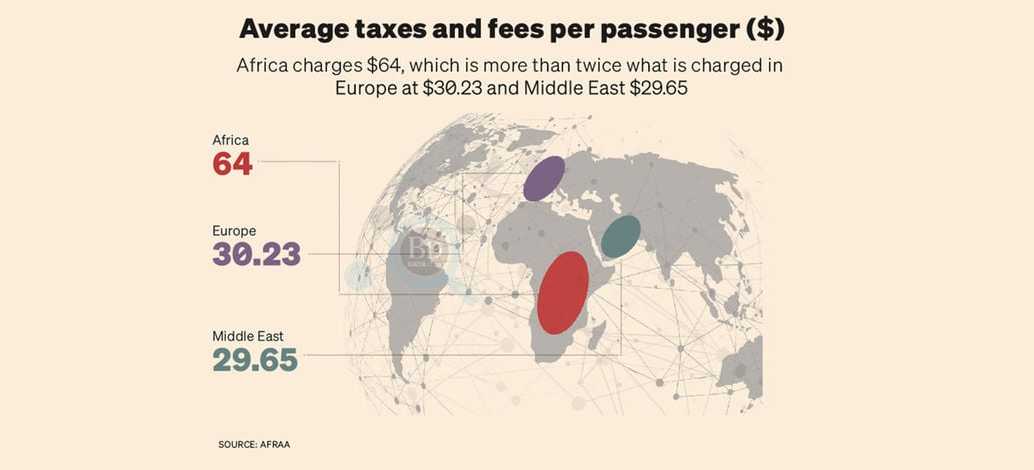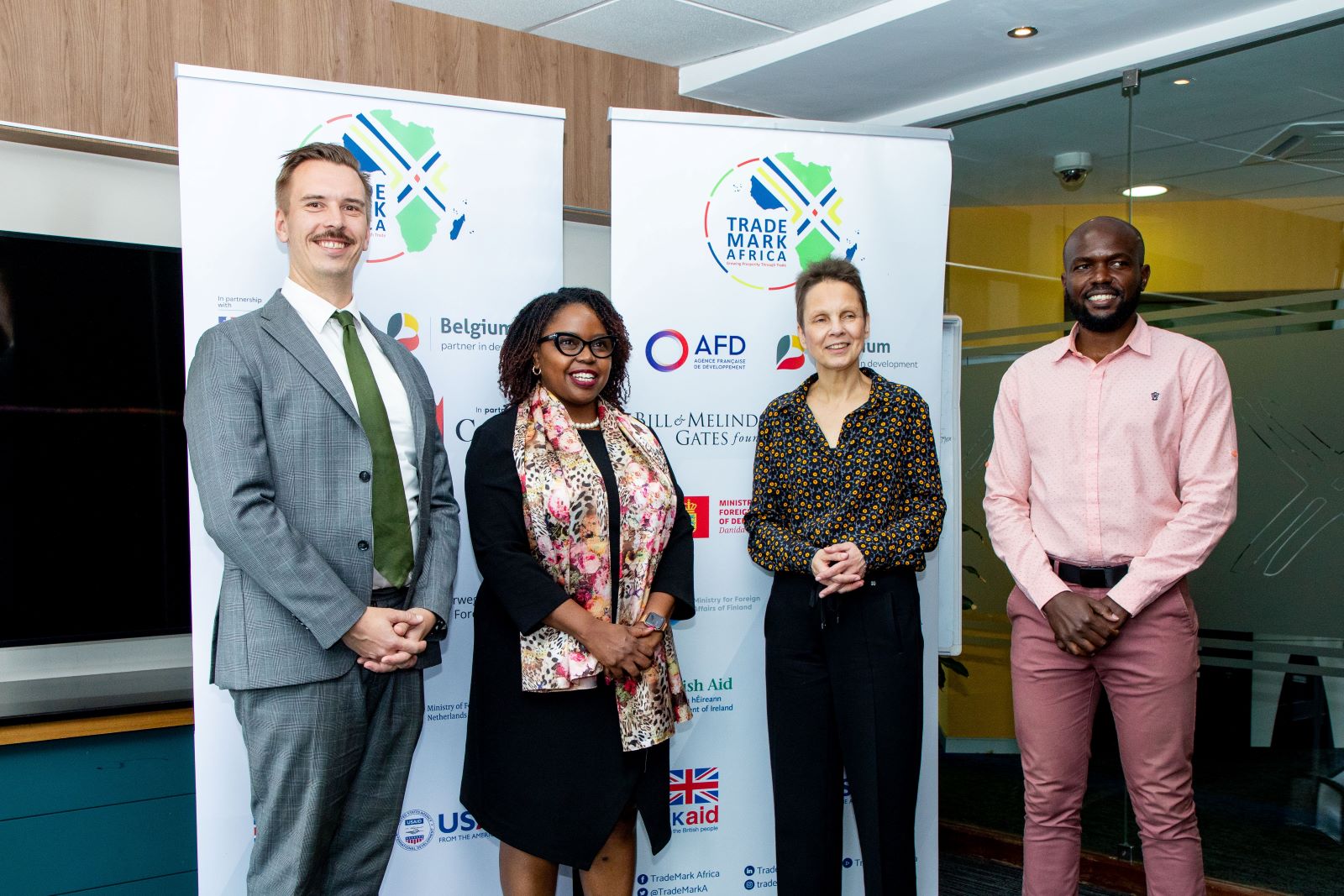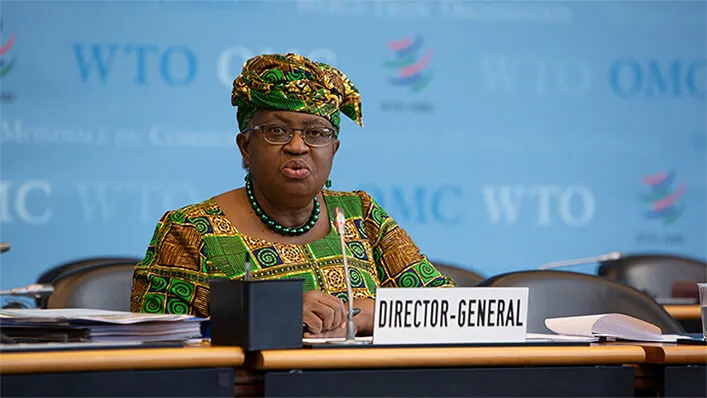Non-tariff barriers have pushed down Kenya’s maize imports from Tanzania to 63 percent of the total imports of the grain in 2022/2023 marketing year, from 97 percent in 2021/2022. A new report by the US Department of Agriculture (USDA) shows that Kenyan traders imported maize from Tanzania, Zambia, Uganda and South Africa, but imports from Tanzania dropped as a result of the imposition of export restrictions by Dodoma. Tanzanian restrictions on maize exports were in the form of requirements that exporters to Kenya apply for export certificates. “Kenya traders have begun to source more corn from non-traditional sources such as Zambia and South Africa,” reads the report. “Historically, Kenya has sourced most of its imported corn from Tanzania. However, traders have had difficulty exporting corn from Tanzania following the implementation of new export procedures. In the past, the Government of Tanzania has imposed export bans or restricted access to export permits when domestic supplies are low.” Imports from Zambia and South Africa increased to 13 percent and 10 percent from one percent and 0.38 percent respectively. Maize imports from Uganda constituted five percent of the total maize imports from 0.36 percent. In absolute figures, Kenya’s maize imports from Tanzania declined by 41.78 percent to 412,755 tonnes in the marketing year 20222/2023, from 708,978 tonnes in MY 2021/2022 — a 97 percent decline. On the other hand, imports from Zambia increased eightfold to 88,050 tonnes from 10,728 tonnes while imports from South Africa increased by 2,218.94 percent to 64,513 tonnes from...
Kenya loses 42pc of Tanzania maize imports, seeks alternative sources
Posted on: April 26, 2024
Posted on: April 26, 2024

